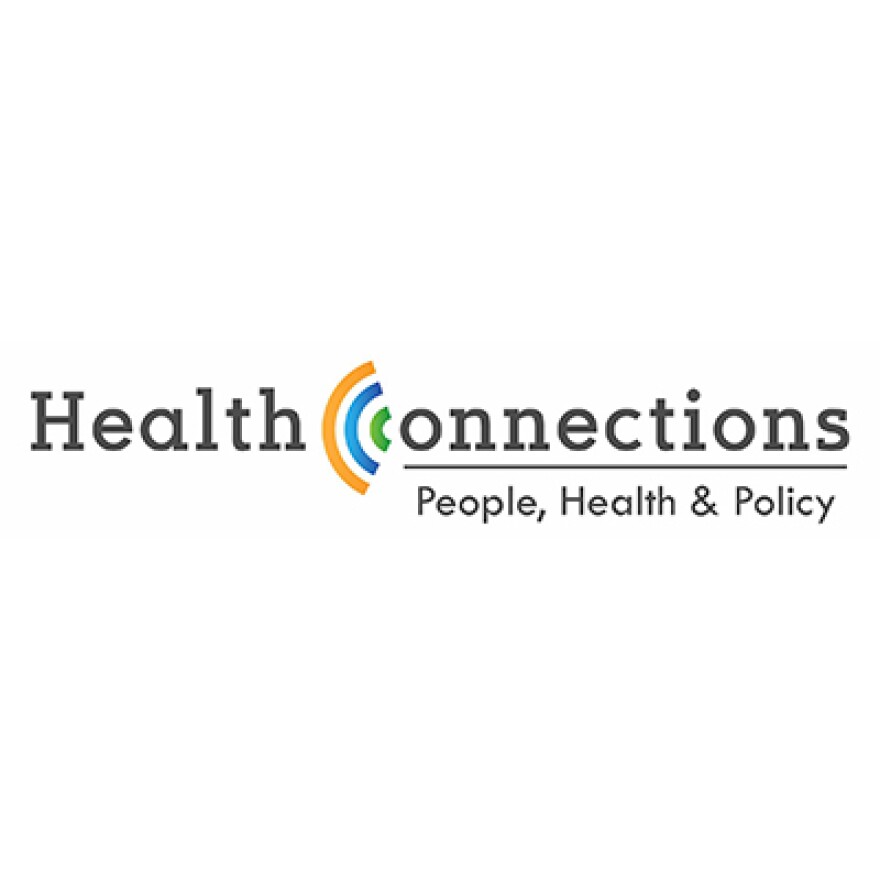WUOT’s Carole Myers: For over 40 years, federal agencies were allowed to interpret ambiguous language about the agency's work, language on environmental laws and regulations. This is no longer true, based on a June 28, 2024, ruling of the Supreme Court that eliminated what we call the Chevron doctrine. understand the potential consequences of ending the Chevron doctrine.
Zack Buck: Thank you so much, Carol, it's great to be back.
When we talked previously, we agreed that the demise of the Chevron doctrine has major implications for health law and regulations. Can you please share some of your concerns, Professor Buck?
As you mentioned, the Supreme Court is headed into its first term after overruling the Chevron doctrine, which was a mode of review and analysis that had been in place for the better part of 40 years. The overrule of Chevron may have a particularly dramatic impact on health law as the court is moving power away from administrative agencies and increasingly vesting it in the courts, so courts are charged with and determining what the law is. The reason that these matter so much in the health law space is due to the fact that so much of our health laws and regulations are promulgated by agencies like Health and Human Services or the Centers for Disease Control, for example. And when the court deploys administratively deregulatory legal rules, the court empowers other courts and states, as well as Congress, of course, to develop the rules that govern our healthcare system. So empowering courts in each state to develop rules opens up the potential for inconsistent application and uneven legal rules nationwide.
What does this say overall about where we're going with the balance of power among the three branches of government?
Well, I think it's interesting to at least put in the context of why we may have had the Chevron doctrine in the first place is an understanding that many of these questions, particularly dry, somewhat policy specific questions, should entrust the scientific community or the agency that is closest to the implementation of the rule that they have some expertise when it comes to defining what some of these very complicated policies call for. Investing that power back into the hands of the courts opens up the potential that you've got inconsistent results, as I mentioned, and also that you're empowering justices or judges who may not have that expertise, and that raises the question that some of these rules might be interpreted in a way that have unintended consequences. It is the case that many of these rules and controversies do center on legal questions. So it's always easy to make the argument that this is an interpretive question that courts should be empowered to do, but that's what was so interesting about the Chevron doctrine, is it recognized the right of courts to steer the ship on certain questions, but then also to defer to agencies that have specific scientific expertise.
What are some of the things we might anticipate that would touch our listeners?
We're no stranger to turbulence in the health policy space, and so I would encourage, or at least advise, that they can expect additional turbulence in this space. It also means that we probably won't necessarily know, in terms of consistency, when a law is passed by Congress, how that law might ultimately impact people, and it's easy in a context in which we understand that a Medicare program, or CDC, for instance, has a body of work that you can look back to interpret how this new law might impact people. When you've got judges, you have the individuality of each judge. You have the individuality of different jurisdictions. You have states that might be impacted by different interests as well. So it's very hard to make an educated guess about where policy may go. But it also encourages, I think, political dialog and public dialog about what policies are important to people and patients across the country, across the state, across the county as well.
This transcript has been lightly edited for content.




